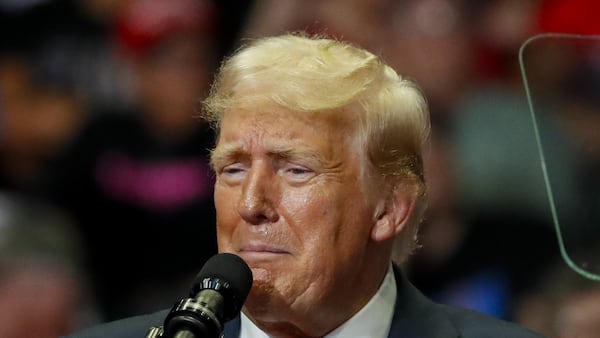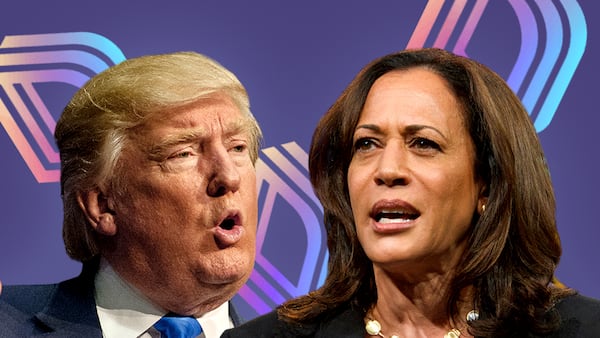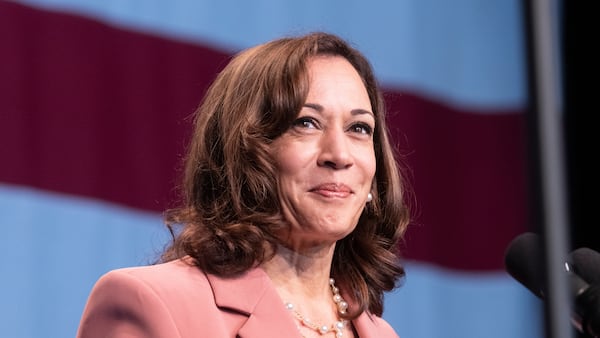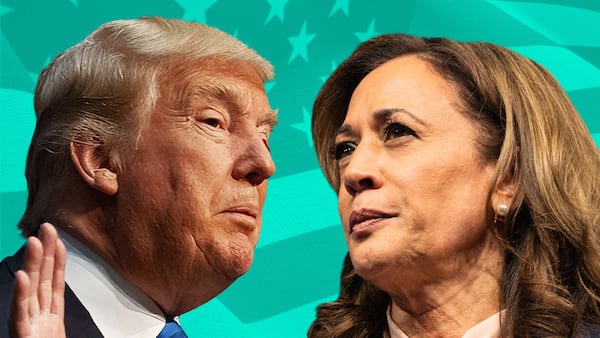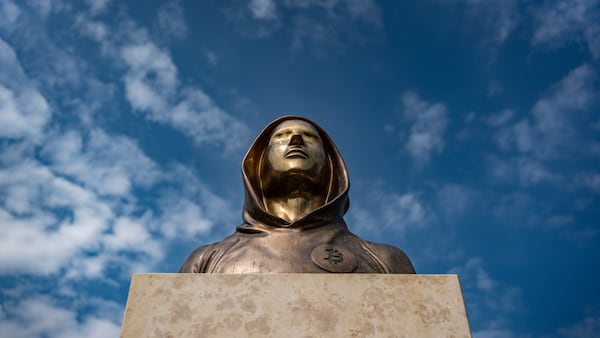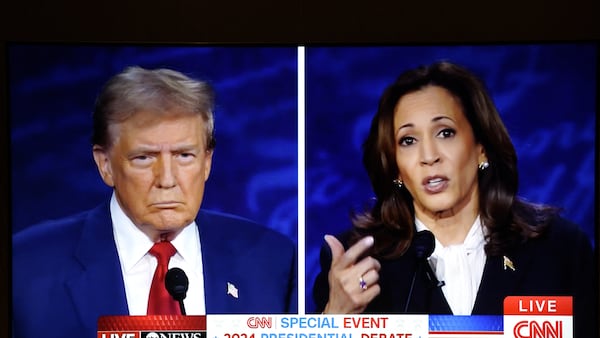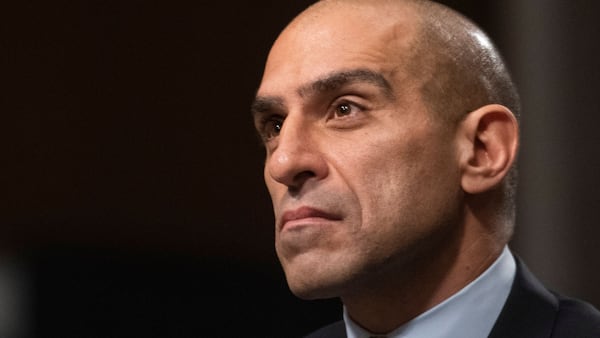Wolfgang Münchau is a columnist for DL News. He is co-founder and director of Eurointelligence, and writes a column on European affairs for UnHerd. Opinions are his own.
This has not been such a great year for political opinion polling, but it looks like a great year for the betting markets. If Donald Trump were to win the elections, the betting market crowd will gloat unbearably.
But right now, a week before the elections, the race is too close to call. In such a situation, getting your prediction right is like winning a coin toss.
I am not betting against the betting markets, because unlike them, I don’t place 50/50 bets. We should not judge such a bet by its outcome.
Imagine a hypothetical situation where we would all be betting on a televised coin toss contest the next day. Let’s assume the betting markets show “Team Heads” at 70%. What would this mean?
Surely, Team Heads is not trying to manipulate the result. The odds of any fair coin toss are always 50/50, not 70/30, irrespective of what people believe.
My hypothetical thought experiment is obviously mischievous. Politics is not a game of chance. But an election too close to call is, from a probabilistic perspective, similar to a coin toss.
The lead Trump has built up over Kamala Harris on Polymarket is almost surely noise. I cannot completely rule out that the four Polymarket accounts that made up the lion’s share of the bets in favour of Trump may have colluded with one another. (There’s also speculation the accounts are controlled by one entity.)
They may have had inside information. Maybe they have access to a better poll than the rest of us. That would invalidate my mug’s game hypothesis to some extent. But can there be such information?
Eight years ago in the UK, I recall that investors commissioned a large exit poll on the day of the Brexit referendum. They got the result a few hours before the poll closed. But that was a large-sample exit poll.
These bets were placed a few weeks before the election. At that point, even an expensive poll might get it wrong, given the complexity of the US voting system and uncertainty about turnout.
If things are as tight as this election’s polls suggest, small shifts in voter participation have disproportionately large effects on the vote. I struggle to see how the most expensive poll could be more reliable than the poll of all the other published polls.
If valuable private insights are hard to come by, there can be no hard information in the pricing of the bets.
The idea that betting market prices carry valuable information is critically based on the assumption that the sum total of market participants have superior knowledge.
I think this is true of financial markets in general. But I don’t think this is true of political betting markets that are full of noise traders.
In my line of work — political and economic risk analysis — it is common for consensus views to be wrong. In fact, I would argue this is mostly the case.
Two and a half years ago, a large consensus existed in western Europe and the US that sanctions would stop Vladimir Putin from waging his war on Ukraine.
An army of armchair generals predicted that Ukraine would inflict victory over Russia within weeks. The main instinct in political and economic commentary is the herd instinct. Betting markets function in similar ways.
The reason why political commentators keep getting it wrong is that they succumbed to a cognitive condition known as confirmation bias — or wishful thinking.
Betting markets are a form of political commentary. Another form of cognitive bias that afflicts pollsters and statisticians is model bias.
I have met many hundreds of economists in my life, but I have yet to meet one who changed their belief system and their models on the ground that they are not supported by empirical facts.
The world of psephology is full of models too.
I don’t have any problems with the betting markets. I am making no accusations. I saw a few unfounded conspiracy theories about market manipulation. I do not believe any of them.
I just don’t think betting markets are contributing anything useful to our understanding about the US elections.
Just to be clear: I am not saying Harris will win. I just don’t know. All I know is that the candidates have been within polling error margins from each other through most of the campaign.
So what should we do when confronted with radical uncertainty of such magnitude?
The way to deal with the unknowable is not through prediction but through hedging and preparation. This is true for both investors and politicians.
In 2016, the Europeans were totally unprepared for a Trump presidency. Now they pretend they are, but I don’t see any evidence.
Smart people hedge.



